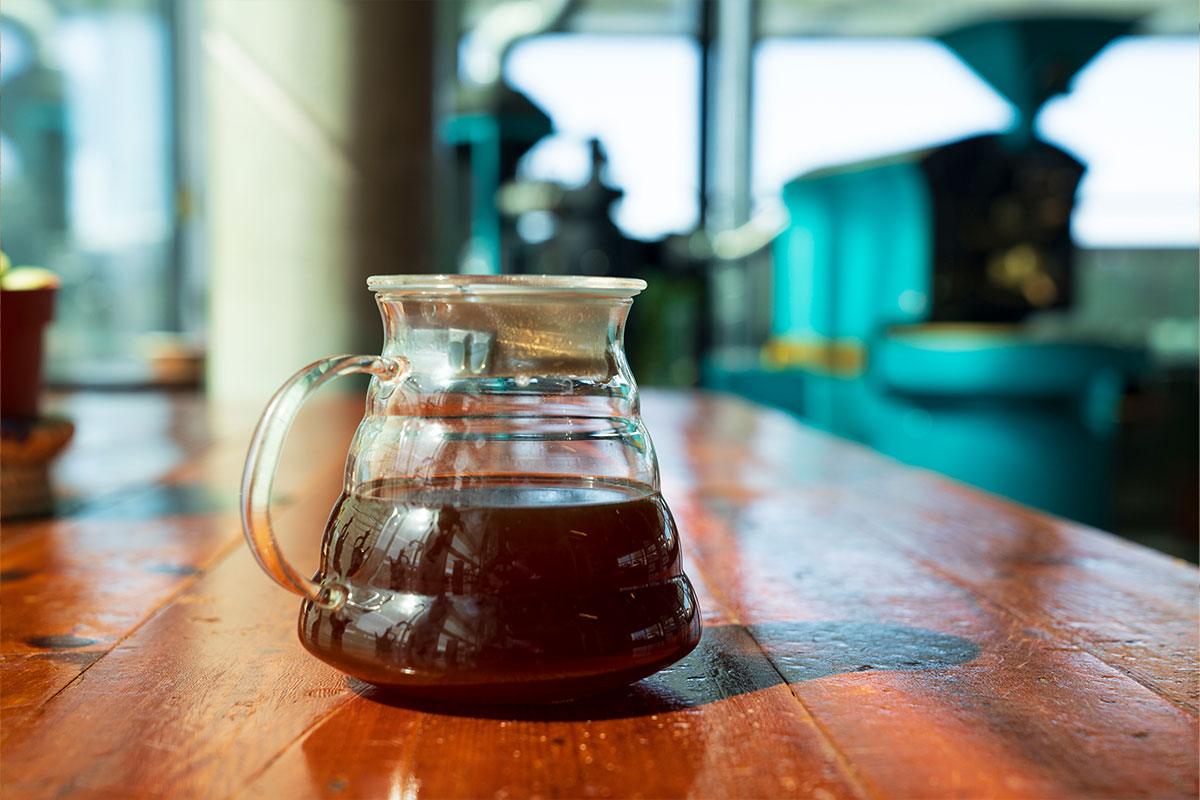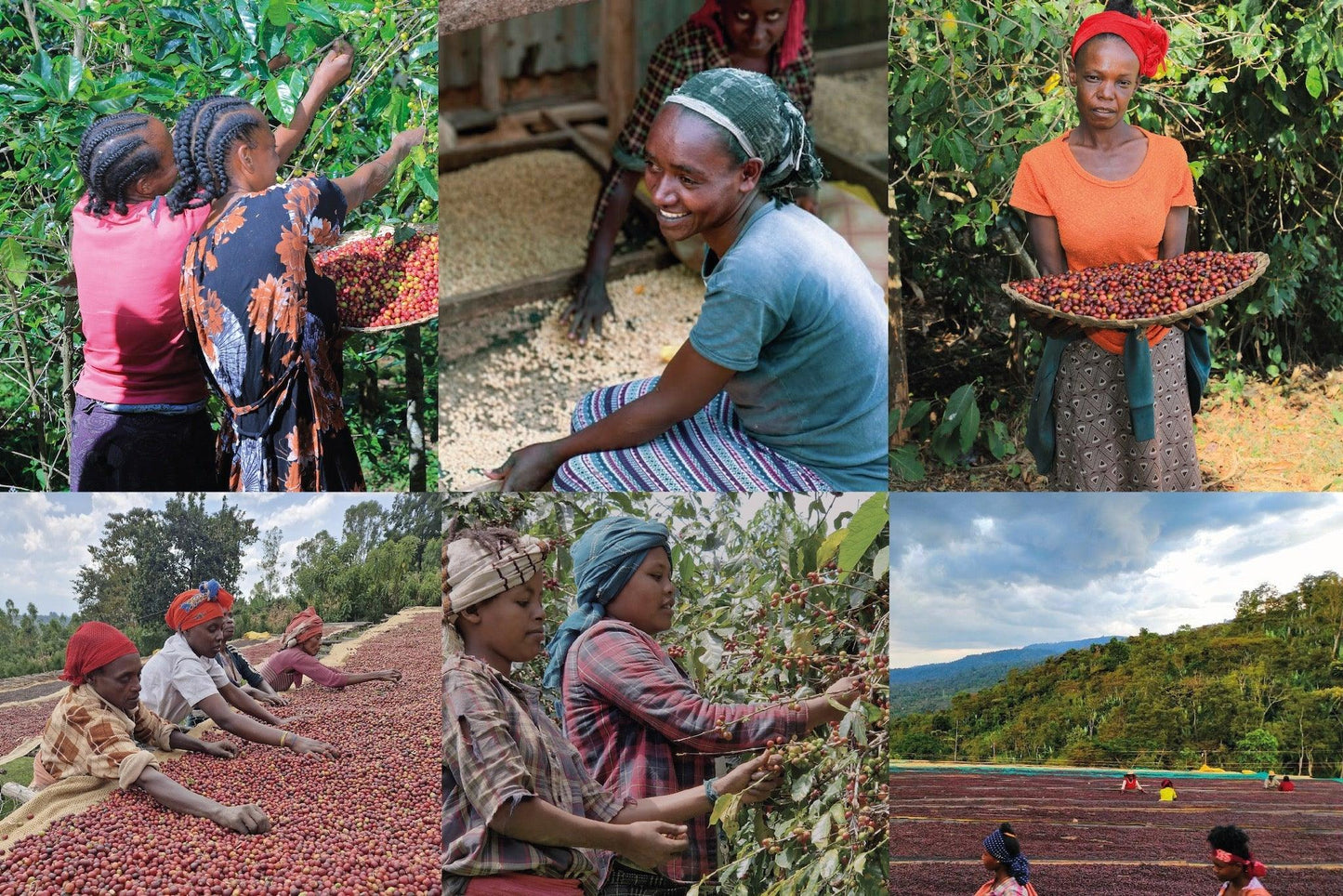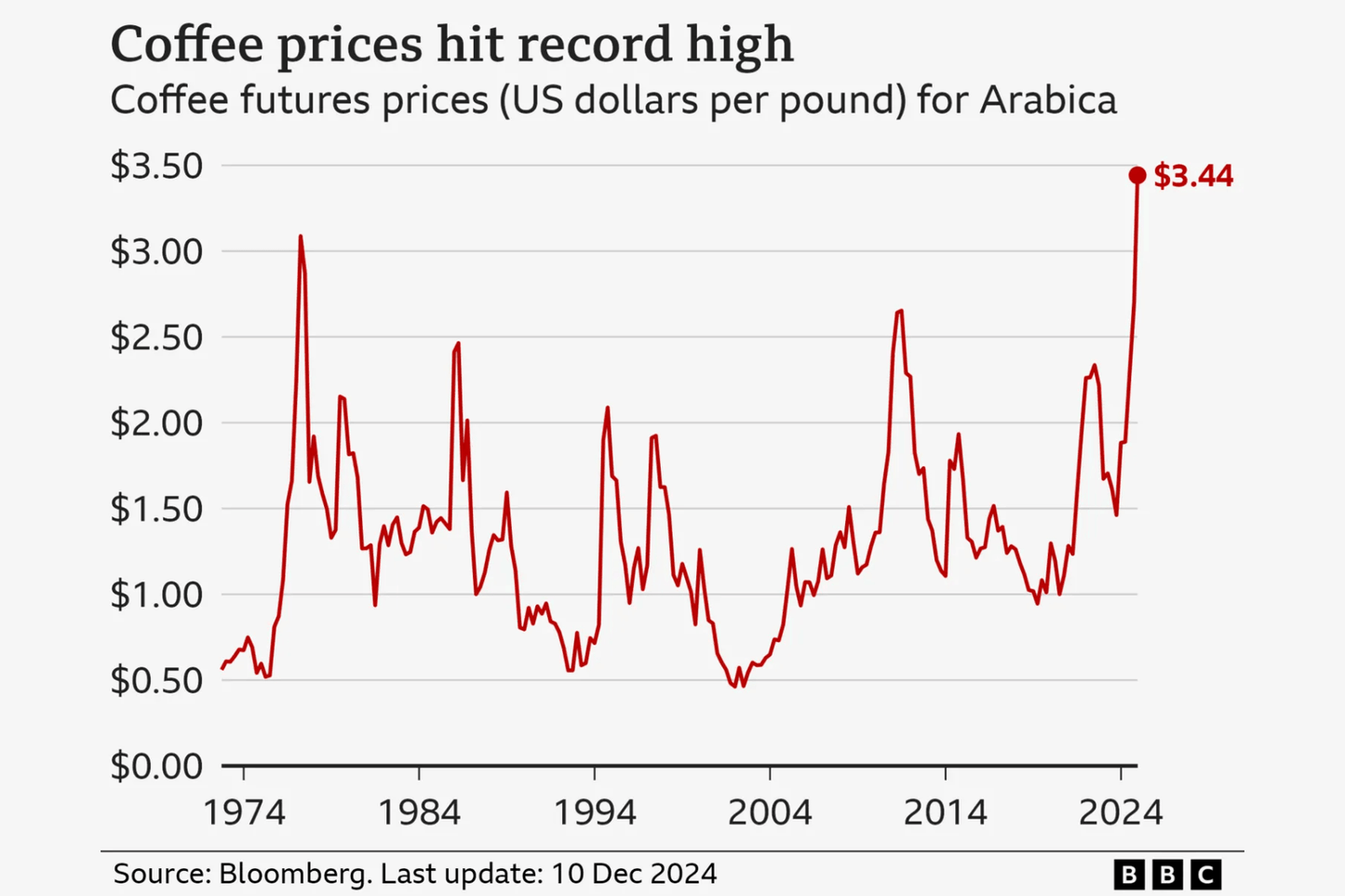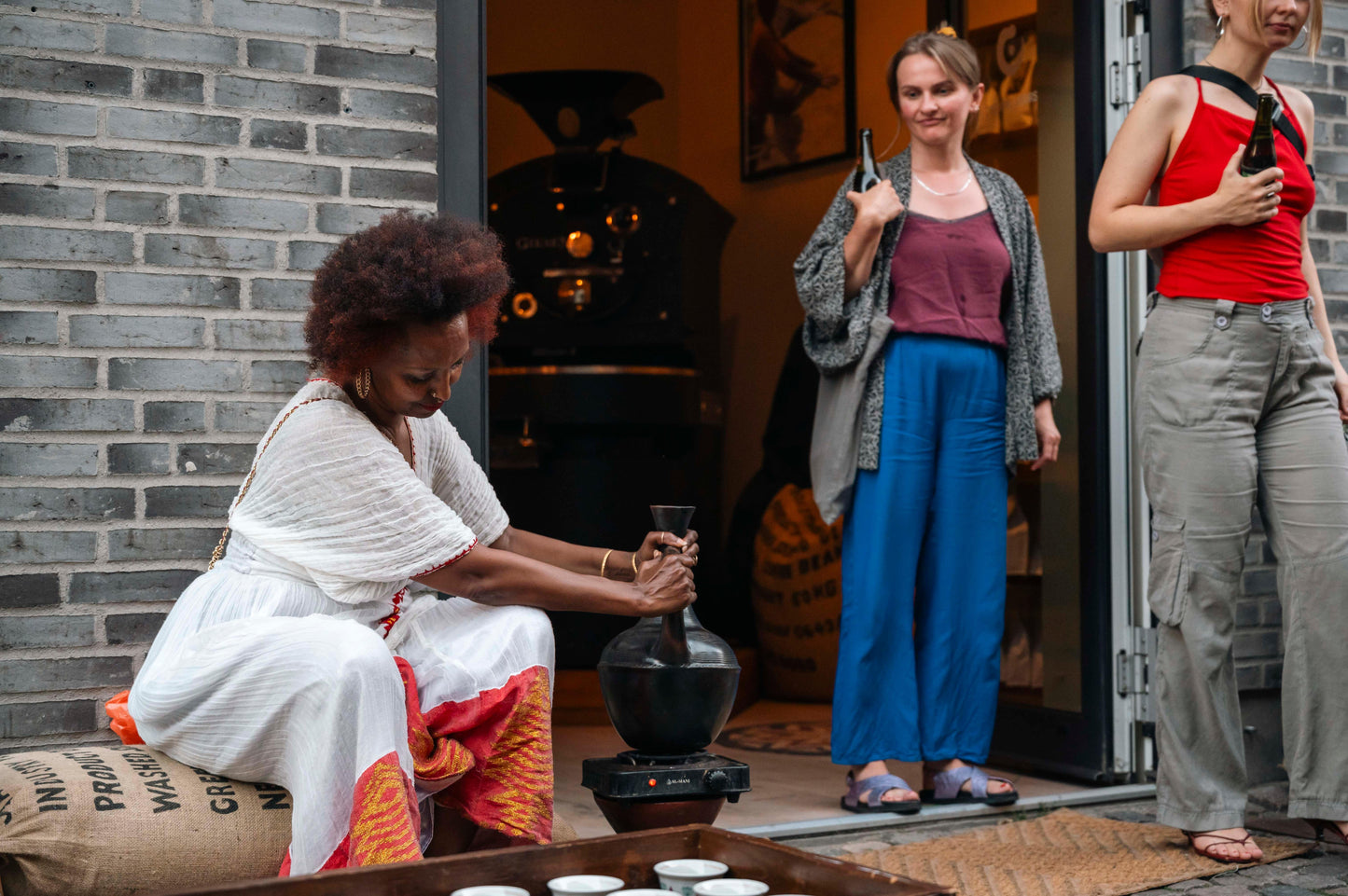Coffee has always been the type of beverage that triggered a lot of experimenting. For as long as coffee has been consumed, people have explored different ways of preparing it. Therefore, we can never stress enough that the coffee taste is subjective, and the right way to make it is how you like it best. This results in countless forms of brewing coffee, one of them being the classic V60 brew.
What is V60?
V60 got its reputation as a simple and clean coffee brewing method. It is a manual pour-over style brew based on the infusion method. Meaning that water passes through the ground coffee in a filter, extracting and trapping all the coffee's delicious, fruity, and citrusy aromas. The name V60 comes from its particular form. It's quite simple, V stands for cone-shaped filters, whereas 60 represents the 60-degree angle of the dripper sides.
The rise of Hario
The story of V60 dates back to 1921, when the company Hario was founded in Japan by Hiromu Sibata Works. The company started as a manufacturer of laboratory glassware back then. It took 30 years of development before the prototype of the V60 was invented in the 1950s. To be more precise, the company succeeded in melting "Hario Glass" in 1949. However, the Hario V60 dripper form that we know today came to reality just in 2004.
So, how does it work?
There are countless ways of making V60, so we would like to look at how it works and give you some tips and tricks to make the most out of the brew.
V60 is known as a quick and easy way of making a quality cup of coffee. And here is our simple guide for you:
- Place a filter in your dripper and rinse it by pouring boiling water to remove undesired flavors from the filter. Pour the water out again afterward.
- Coffee and water ratio 1:15 (Example: 20g coffee, 300ml water).
- We recommend light roast coffee beans.
- Grind the coffee slightly coarse.
- Boil the water (91-96 degrees).
- Wait for about a minute before pouring (Colder water will result in flat, under-extracted coffee, while too hot water will result in a bitter and over-extracted coffee).
- When water is ready, start pouring it in intervals:
0:00: + 50ml -> 50ml
0:45: + 70ml -> 120ml
1:30: + 90ml -> 210ml
2:15: + 90ml -> 300ml
- It should be finished around 3:30 and ready to serve.
And remember, don't be afraid to experiment with different recipes. You might get surprised by how many possibilities there are out there.
Regarding coffee beans, check out our coffee guide if you are not sure which coffee type to choose for your V60 brew. We have compiled a few tips to help you navigate.





